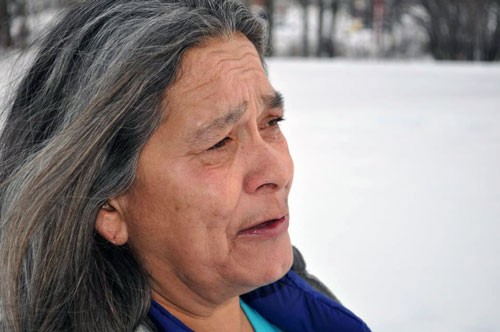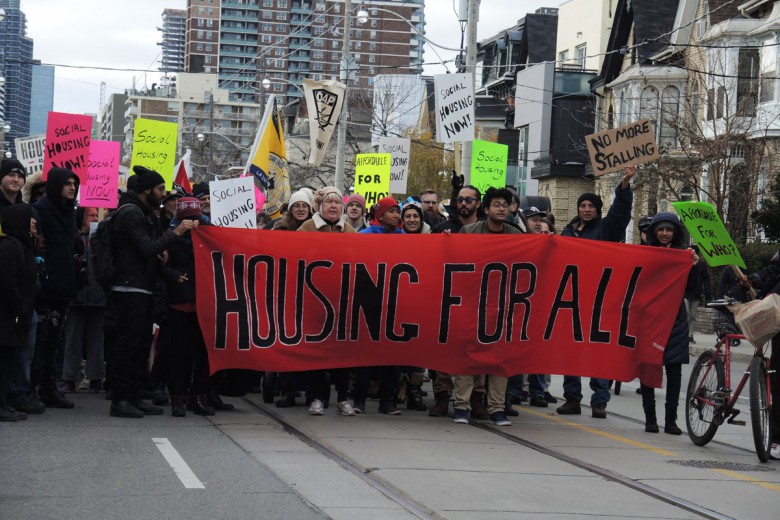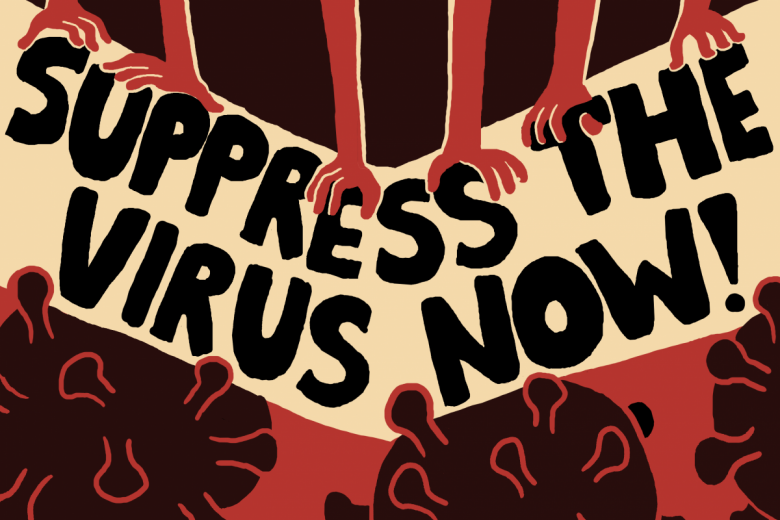
Helen Hollywood was sick of living in the shadows. On an early June 2011 morning, after enduring 10 years of overpriced housing in booming Whitehorse, Yukon, she pitched her tent on the front lawn of the territory’s legislature. Frustrated with antiquated, one-sided provisions of the Yukon Landlord and Tenant Act, she vowed not to leave until her concerns were addressed.
Overnight, she became the public face of opposition to the growing ignorance of the homeless and hard-to-house in the Yukon. For over five months, Hollywood kept a vigil on the legislature grounds. She was not alone for long.
Over the summer months, the site, dubbed “Tent City,” grew to house over 70 tents and 90 individuals. Housing became one of the top election issues during the fall territorial race, and in late October, Tent City became the Yukon hub of the global Occupy movement.
On November 9, 2011, White Pass and Yukon Route, the Yukon-based transportation company that owns the land, ordered the removal of Tent City citing concerns about liability. The occupants moved a few metres away onto the grounds of the Yukon legislature until the government evicted them on November 18 citing health and safety concerns as temperatures approached -30°C. Hollywood has since been moved to a social housing unit but remains committed to addressing the inequities that exist for Yukoners seeking safe and affordable accommodation.






